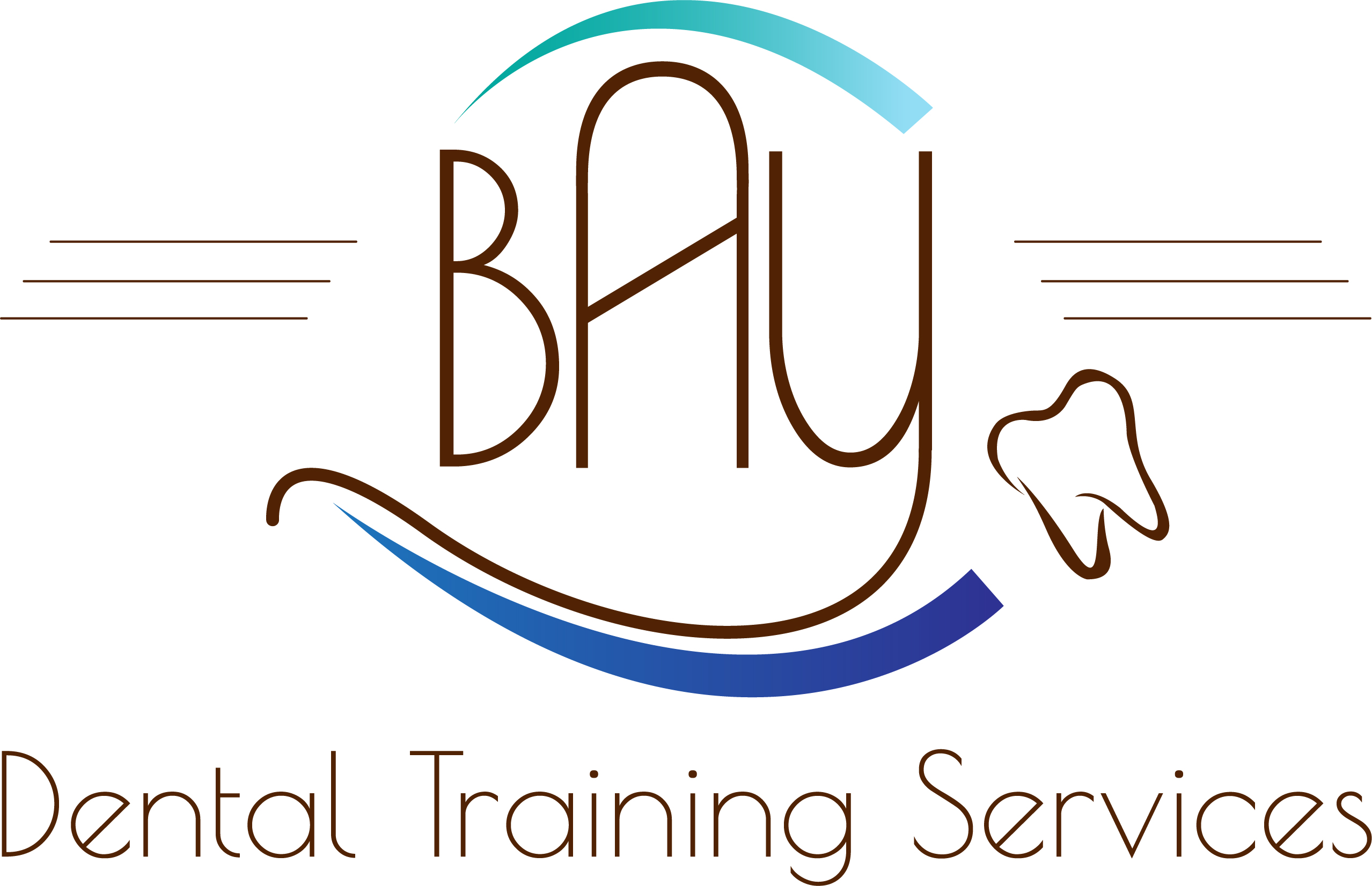This course is aimed at dental nurses who wish to undertake the role of Treatment Coordinator within their dental practice
Endorsed by: DELTA Awards
Structure: The course is delivered by way of three modules. All modules are mandatory.
Grading: Pass or fail
Pre-requisites: None.
Course fee: £150
Assessment: This course is assessed by:
-
-
-
-
- Case study
- Essay submissions
- Multiple choice test
-
-
-
Candidates must achieve a pass in all modules to gain the qualification.
Resit Arrangements: Candidates can receive a small course extension to amend or change any information in the workplace portfolio or essay submissions.
Candidates get two attempts at the online multiple choice questions
Guided Learning Hours: This programme is 20 Guided Learning Hours (GLH)
Course length: 12 weeks
Credits: This course attracts 2 credits
Syllabus:
Module 1
The role of the Treatment Coordinator
Benefits to the practice, patients and clinicians
Module 2
Legislation and regulations
Consent, confidentiality and Data Protection
General Dental Council – responsibilities as a registrant
ASSESSMENT:
Essay on the consent process
Essay on your responsibilities as a GDC registrant
Module 3
Patient consultation
Qualities of a TCO
Understanding how patients will benefit from TCO
Managing conflicts and difficult patients
Stages of consultation
ASSESSMENT:
Case study of one patient’s journey through the treatment planning and coordination of their treatment needs
Essay on conflict resolution
Module 1
The Role of the Treatment Co-Ordinator (TCO)
Content:
- The role of the TCO in a dental practice.
- The key skills a TCO needs to have.
- The potential benefits of having a TCO in the practice.
- Skills and styles and appropriate methods of communication.
- Barriers to effective communication and be confident in using methods to overcome them.
- Understand the information that should be included in the notes for a TCO appointment with a patient and the importance of record-keeping for the protection of the dental team for medico-legal reasons.
- Structuring notes within patient records and how to store records disclosing only to those in accordance with data protection rules.
- Collecting the required pre-appointment information from a new patient to enable an effective new patient consultation.
Module 2
Working with the Team
Content:
- The GDC Standards for the Dental Team with regard to team-working to provide patient care and the different extended skills and competencies the team can develop.
- Using the different skills of the whole team to improve patient care and service.
- Introducing a TCO into an existing practice and understanding how the TCO can develop procedures and processes to allow them to work alongside existing teams.
- Using the TCO role to help develop the practice’s business.
- Consent and the importance of treatment plans in the consent-gaining process and the role of the TCO in supporting the team with gaining consent.
- Working with the clinical team to ensure they have appropriate treatment plans that they can present to patients during TCO appointments.
- Managing situations where there is confusion over the recommendations on a treatment plan and how to handle a situation where a patient refuses or withdraws consent for treatment.
- Consideration to the importance of ethics when recommending treatment to patients, and the different options that can be made available to the patient with regard to financing treatment.
- Identification and implementation of different ways in which a patient can pay for treatment and consider how this can affect the practice’s business plan.
Module 3
Patient Care and Service
- Understand the definitions of the terms ‘patient care’ and ‘patient service’ and consider patient expectations when looking for ways to improve patient care and service.
- Support the team to deliver superior patient care and service and look at ways to develop existing procedures to improve patient care and service and monitor both
- Acquire and use patient feedback to improve the practice’s patient service.
- Use different resources that patients might need to support their understanding of information provided and identify where they can locate different resources and when they may need to create their own resources.
- Planning TCO consultations for new and existing patients and understand the importance of the ‘first impression’ for a new patient and how the TCO contributes to this impression considering the different requirements a new patient will have for a TCO appointment compared to an existing patient.
Case Study
One case should be expanded into a case study which should include information of the full details of treatment plan and the role of the TCO in supporting the patient and clinician.
Word count 1000 – 1500 words.
Multiple Choice Questions
At the end of the final module, candidates will be required to pass a short multiple choice test on all subjects covered. This is 20 minutes in duration and consists of 18 questions. It can be taken at anytime on completion of the course and is done online. Candidates get one resit opportunity should they not attain 100% on their first attempt. If the second attempt is also unsuccessful, this will result in a fail for the whole course.
Learner Outcomes:
The candidate will:
- Understand the legal aspects surrounding patient consent and data protection
- Understand and efficiently carry out the role of treatment coordinator
- Understand the importance of managing any conflicts quickly and efficiently
- Understand their responsibility to the patient and to the rest of the dental team as a GDC registrant
- Understand and appreciate the importance of good patient communication and management
The candidate can:
- Keep accurate dental records of the treatments in which they have been involved
- Maintain confidentiality and data protection policies as per the workplace and legislative requirements
- Give examples of different communication methods which may be used during an appointment
